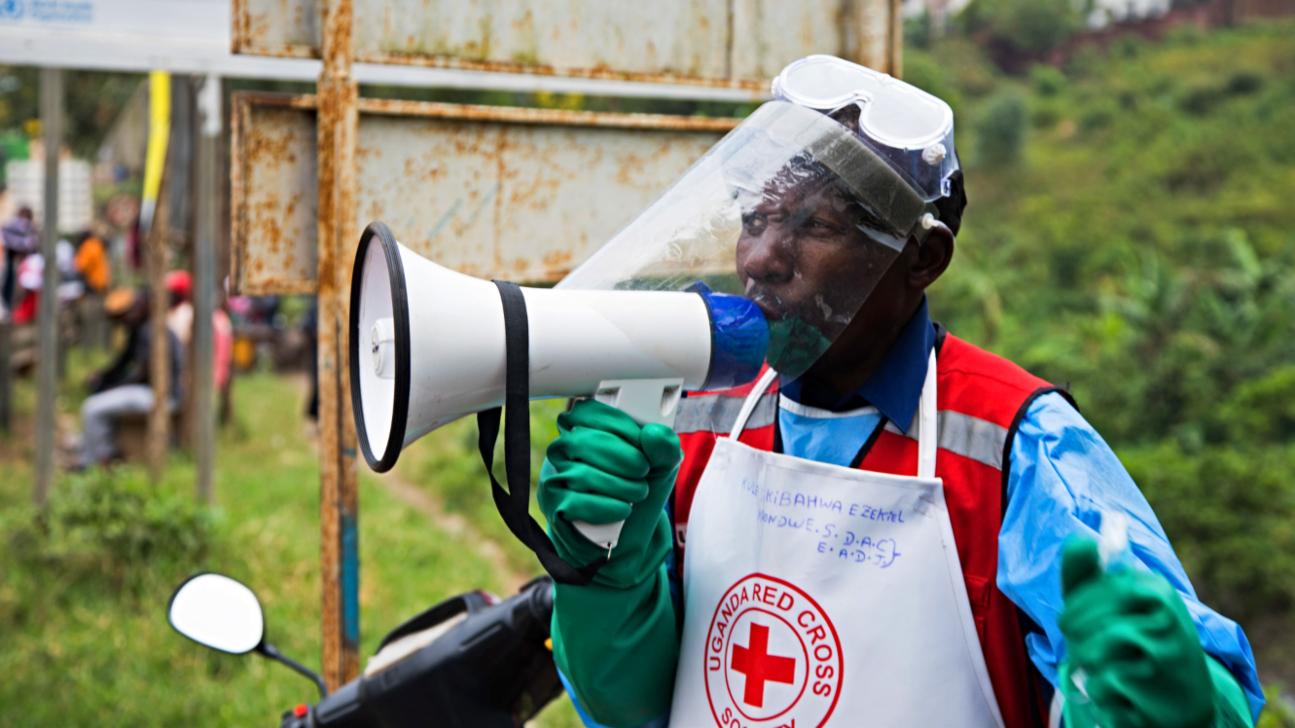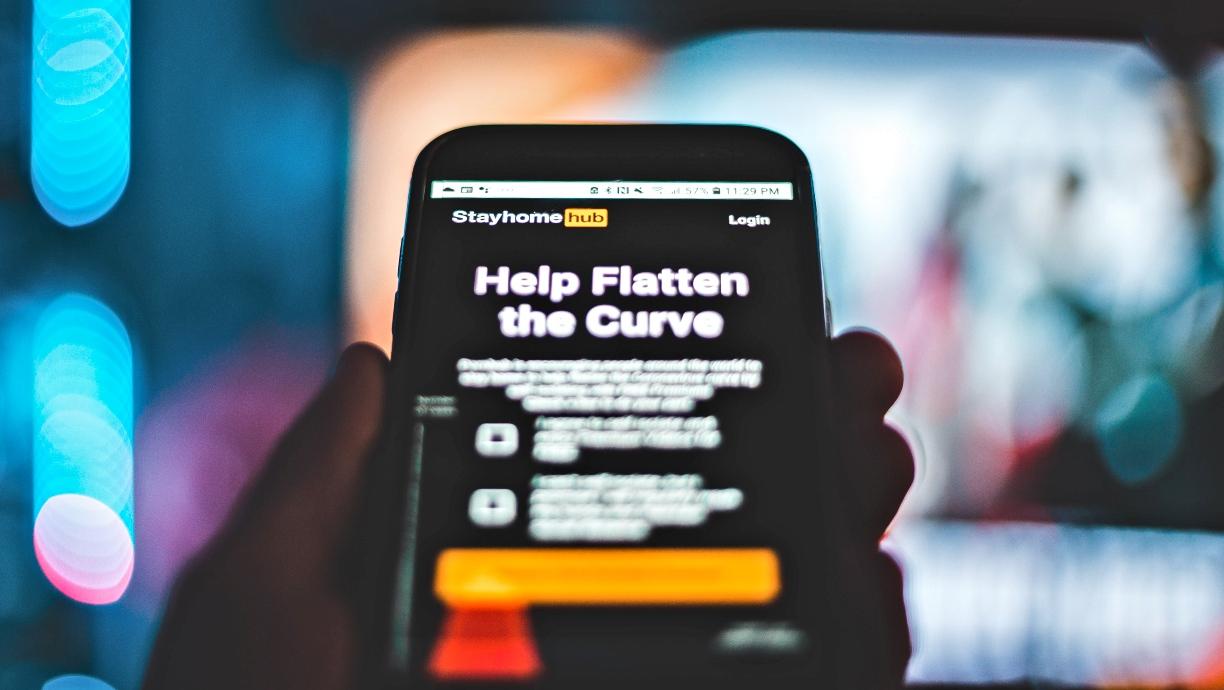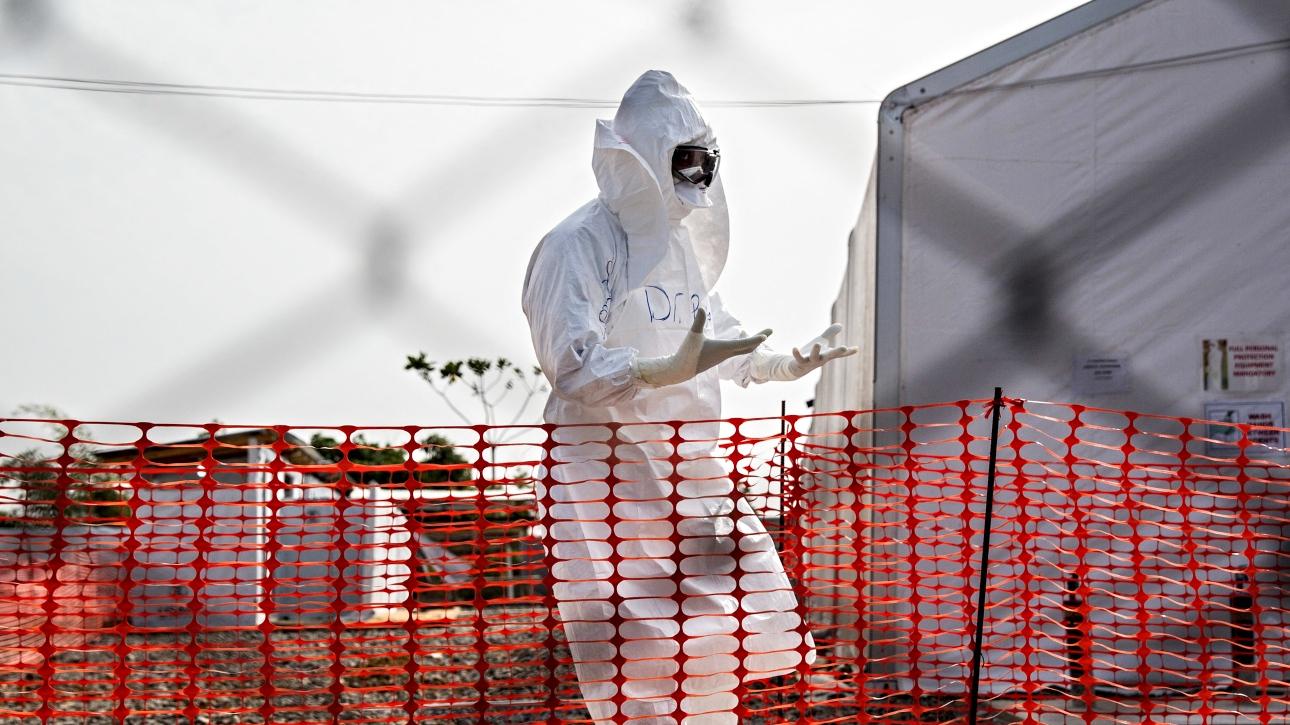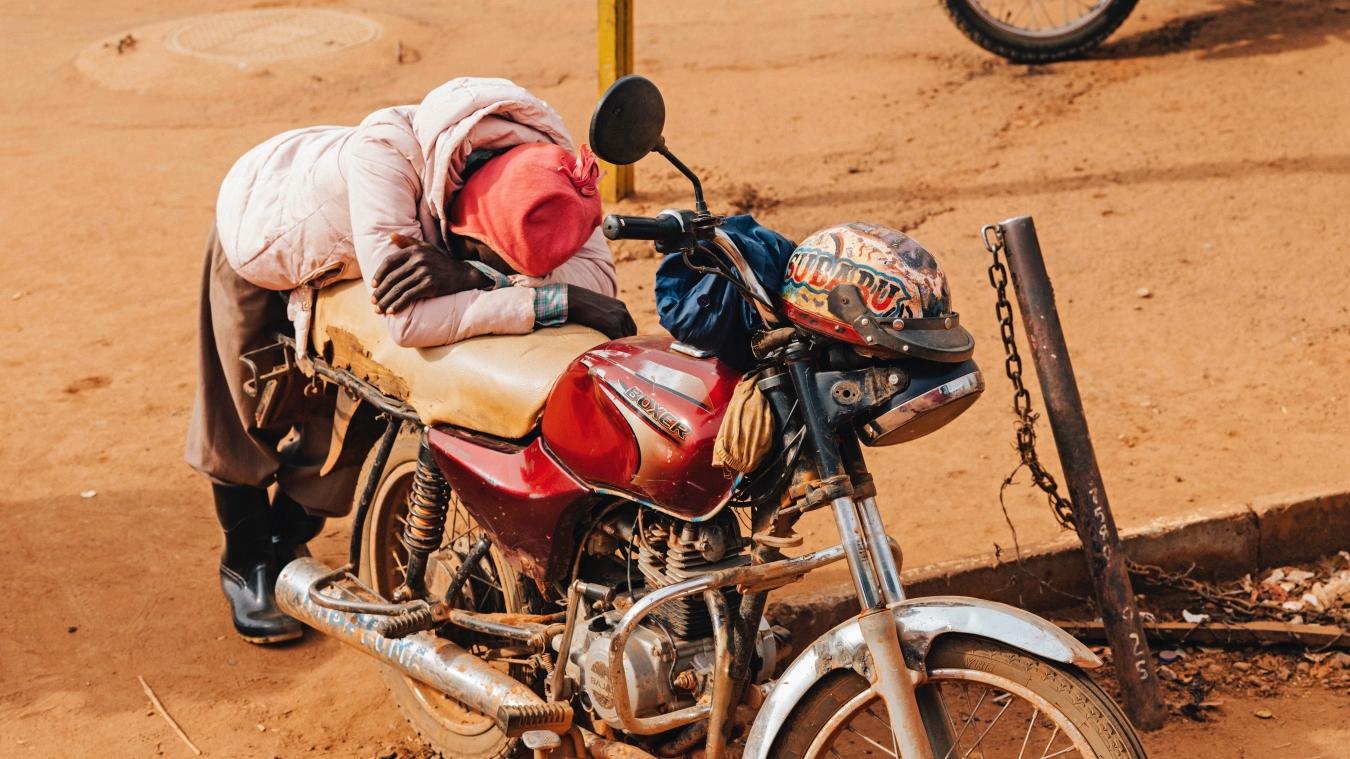Uganda’s President has criticised traditional mechanisms that evoke evil spirits to tackle the coronavirus epidemic. Imported one-size-fits-all measures to contain the virus’ spread, however, pose their own problems and discourage public compliance. Jimmy Awany argues any plan to eradicate epidemics must engage local communities, which includes their traditional methods, in order to learn from past successes.
Ryemo gemo
On 31 March 2020, Acholi people in northern Uganda banged jerrycans, containers, saucepans and drums making a tremendous noise to drive out the coronavirus from the community. The Acholi people refer to this practice as ‘Ryemo Gemo’. It is occasionally done to chase away bad spirits usually associated will fatal illnesses. This ritual has been practised for many decades, including at times when there have been cases of Ebola, measles and chickenpox.
Ryemo Gemo creates an awareness of the prevailing spirit (illness): households are informed of the health threat and advised to use quarantine or isolation and other methods encouraged internationally in the fight against COVID-19. Hewlett and Amola have explained how these methods were employed in the context of the Ebola outbreak in Gulu and, historically, such rituals have been instrumental in the face of epidemics.
Following this incident, President Museveni of Uganda criticised the Acholi people for not respecting his directives to contain the virus.
Localised responses to epidemics
As others have argued, ‘one size fits all’ responses globally to containing the pandemic may not be feasible. Current strategies, including lockdown restrictions on movement and social distancing, have been criticised as unsustainable and difficult to implement in some contexts. Many people’s livelihoods depend on a daily income and many would rather risk exposure to the virus than dying of hunger. As African countries review their strategies to fight COVID-19, they need to consider options that are unique and practical to their contexts.
Epidemics have long been part of our human eco-system and it is likely that COVID-19 will be with us for some time. It might, then, be necessary to review and consider the existing and historical methods used to fight epidemics. In countries where the ability to respond is limited by conflict and/or economic conditions, it is even more crucial that we learn from responses that have been contextualised and owned by communities. More localised and therefore feasible ways of protecting the most vulnerable groups could be discovered if communities are consulted, and utilising existing mechanisms also ensures sustainability.
Community ownership over HIV/AIDS, malaria and Ebola
In the fight against HIV/AIDS and Ebola in Uganda, for example, local councils were instrumental. These local councils serve as political-administrative units in their communities and act as community advocates on issues of peace and security. Tim Allen and Suzette Heald document how local councils were instrumental in promoting awareness and behavioural change in the fight against HIV/AIDs, even putting up health promotional posters in local dialects to sensitise people to the issues. In some villages, they controlled the activities of young people and monitored movements. Despite some of the methods being criticised as draconian, they helped in reducing the spread.
The Ministry of Health in Uganda has established Village Health Teams (VHTs) in every community. The VHTs integrate laypersons who may not have technical medical training into local health systems. The VHTs are trained to make decisions that affect the health of their community, mobilise communities for health programmes and strengthen the delivery of health services. The VHTs reach communities through home visits, community dialogues with targeted messages and have been successfully able to refer people to health facilities.
These methods worked in the fight against HIV/AIDS, malaria and Ebola because the responses were embedded and owned by communities. The local councils and VHTs understand people’s customs and practices and know exactly how to engage them in the wake of epidemics. In Uganda this involved a variety of institutions and individuals, both from government and the private sector.
With the upsurge in cases of COVID-19, local councils have been invigorated. In one of President Museveni’s addresses to the nation, he asked that local councils again take charge in monitoring the activities of their communities and support the enforcement of the lockdown measures to fight the pandemic. Local councils have also been helpful with contact tracing and food distribution. Although these are all commendable developments, there is need for consensus at the community level on the rules of the lockdown to ensure that it is sustainable and to prevent rights violations or violence occurring from enforcement measures.
Like Uganda, many other African countries have built local mechanisms to deal with epidemics. Sharing such knowledge can help others on the continent improve their national responses in dealing with COVID-19. The need to develop context-based responses, however, means avoiding copying and pasting methods. Ensuring local ownership will increase the sustainability of lockdowns and social distancing.
The attitude towards traditional mechanisms for fighting an epidemic, such as ‘Ryemo Gemo’, should be met with greater open-mindedness, with the wider factors in its effectiveness better understood. The government’s dismissive reaction to the practice could, arguably, be seen as extending from dismissive colonial attitudes towards traditional practices. In this regard, a respect for existing tools in the fight against the epidemic could be an opportunity for African countries to further its agenda of decolonisation.
Photo: Community outreach on the Uganda border. Credit: Anna Dubuis / DFID. Licensed under creative commons (CC BY 2.0).






Covid-19 is not a spiritistic sickness that can be defeated by employing demonic rituals. I wonder why people are inclined to follow traditional beliefs other than scientific facts!
Such a relief to see that Brazil’s president is not the only one ill-prepared and insentive leader to cope with the outbreak.
Indeed CIVID19 is not a spirit and cannot be chase in the way they are doing otherwise they are increasing the Virus spreading in Uganda, I don’t understand why our people took things negatively, they Really need to be taught.
Ryemo Gemo would be effective at protecting against the very real, very deadly disease of rabies, so perhaps not completely ignorant. This is a horrible disease the government could eradicate, but has not. How would you classify that behavior?